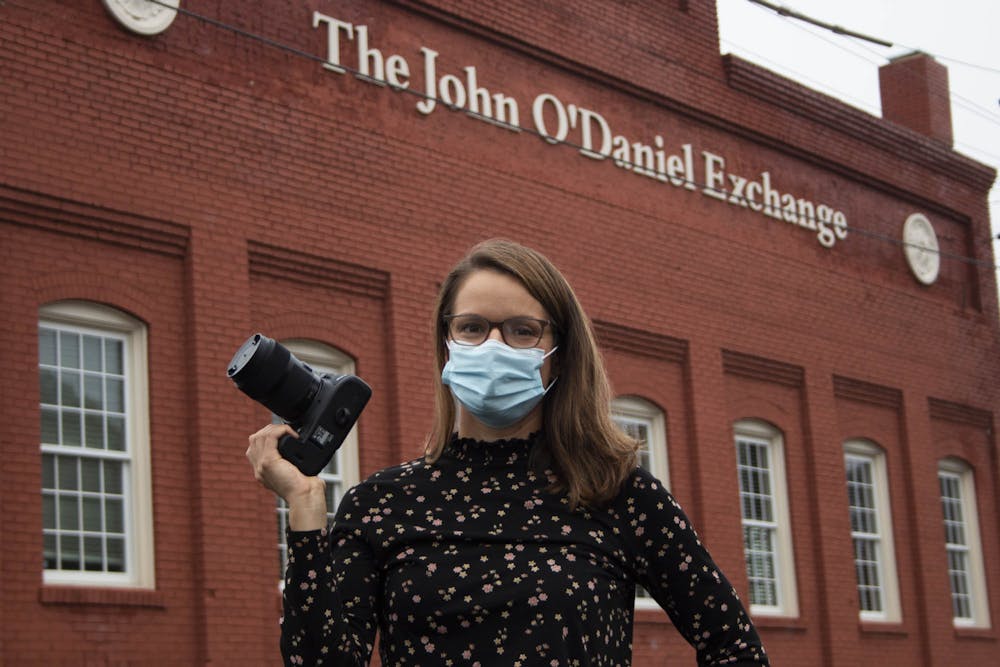As COVID-19 continues to redefine communities, refugees and immigrants in the Triangle face barriers to becoming a part of the changing narrative.
Physically, the pandemic has posed challenges to refugee integration efforts through quarantines and closures. Local organizations and advocates often support refugee and immigrant integration initiatives, and they have had to get creative at a time when community gatherings are rare and people feel safer with those they are close with.
“When they say it takes a village to raise a child — it takes a village to make everyone part of that village,” Sashi Rayasam, director of K-12 ESL Services for Durham Public Schools, said. “That’s the collectivism we’ve got to embrace.”
Rayasam serves as an advocate for a photo documentary project, called The Refuge Collective, that aims to address, in part, some of the integration challenges posed by the pandemic.
A creation of Durham-based photographer Mick Schulte, The Refuge Collective is a yearlong photographic documentary that tells the stories of refugees and immigrants in Durham.
Schulte partnered with World Relief Durham, a local organization that works to support refugees, to conceptualize and begin the project in fall 2019. However, the COVID-19 pandemic upended many of Schulte’s plans.
“At first, we didn't know if that meant, ‘Just push pause on the project,’” she said. “But we didn't. We just kind of said, ‘You know, they're dealing with this just as much as all of us are.’”
It became one of Schulte’s goals to document the ways refugee communities are experiencing the pandemic. Unable to have a gallery showing as originally planned, Schulte took the project online, a move that she said may further local communities’ acceptance of refugees.
“Because of COVID, so many of us are stuck within our own lives without seeing a different perspective,” she said. “What I hope having this online does, is allow people to see people who don't look like them, don't think like them — but also to see them in their daily lives, and how they really are just the same as all of us.”




